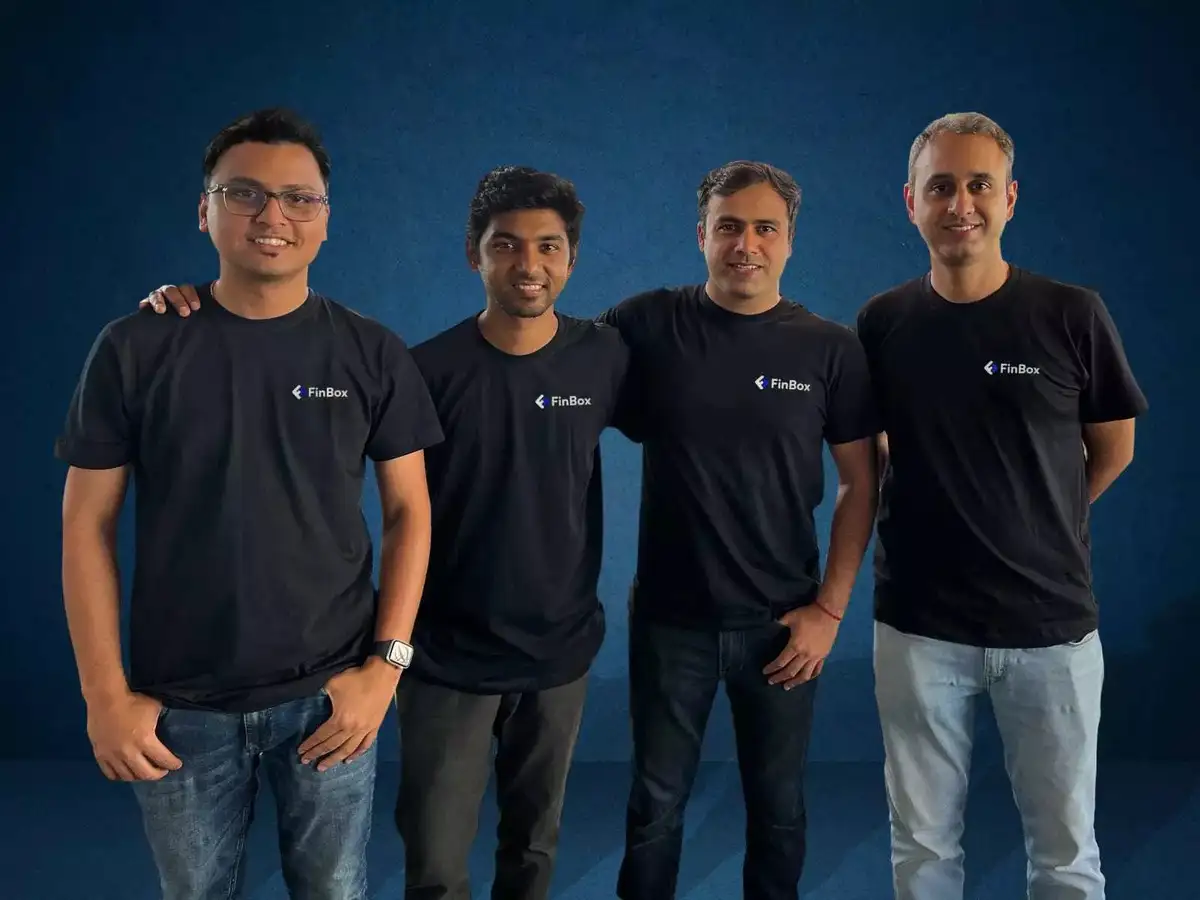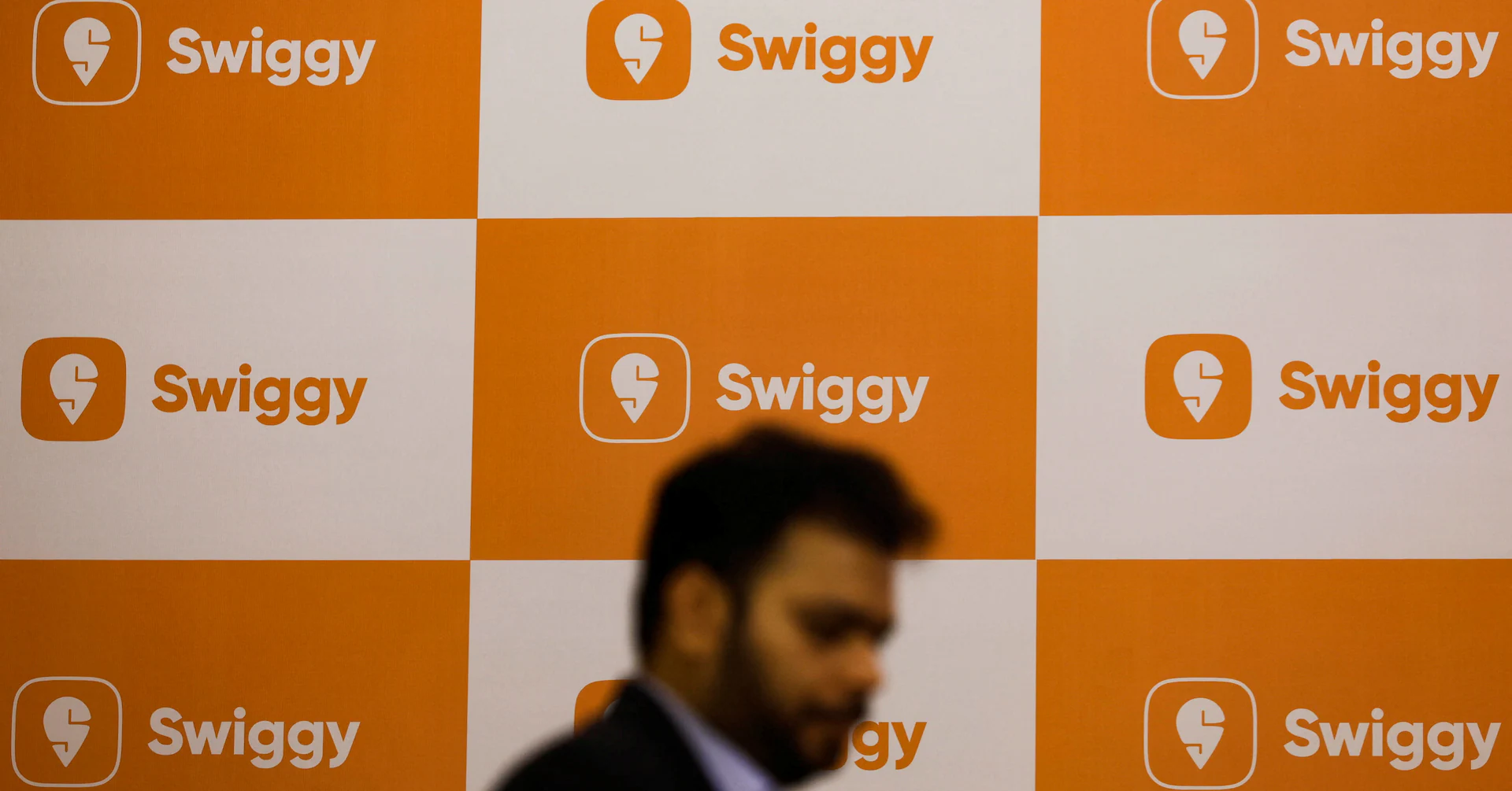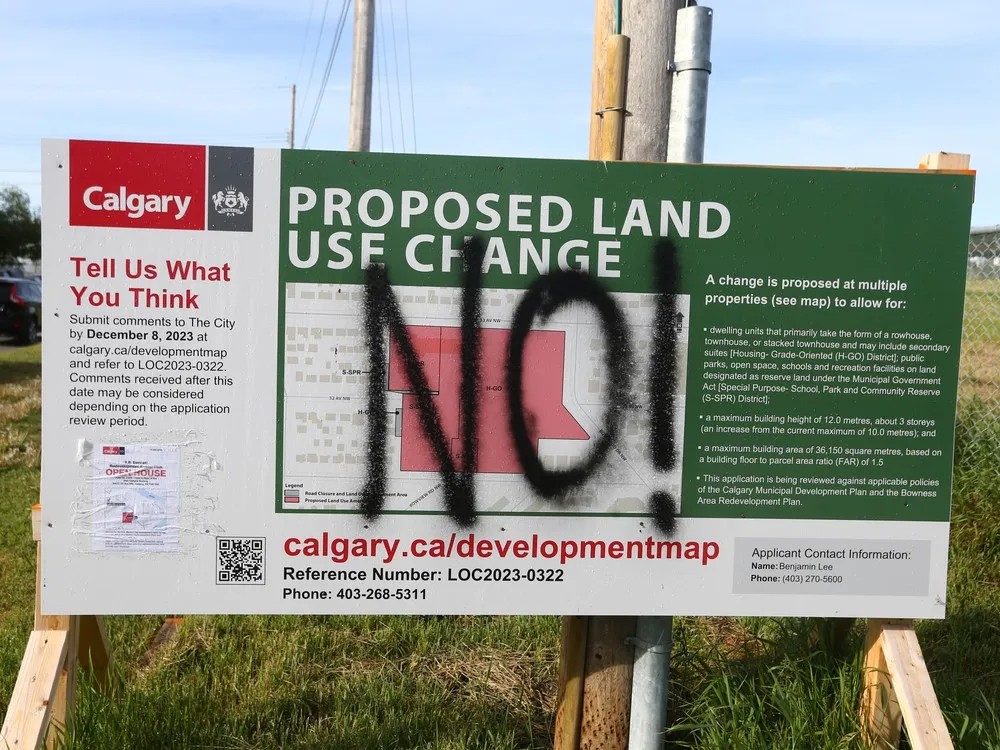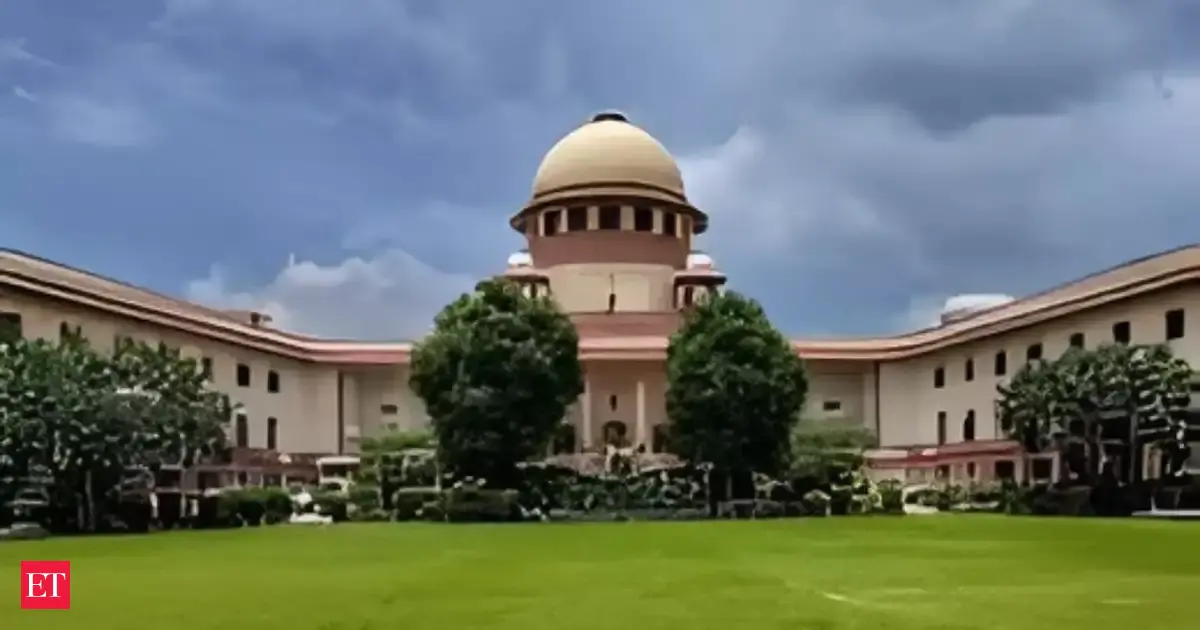By Branwen Jones
Copyright walesonline
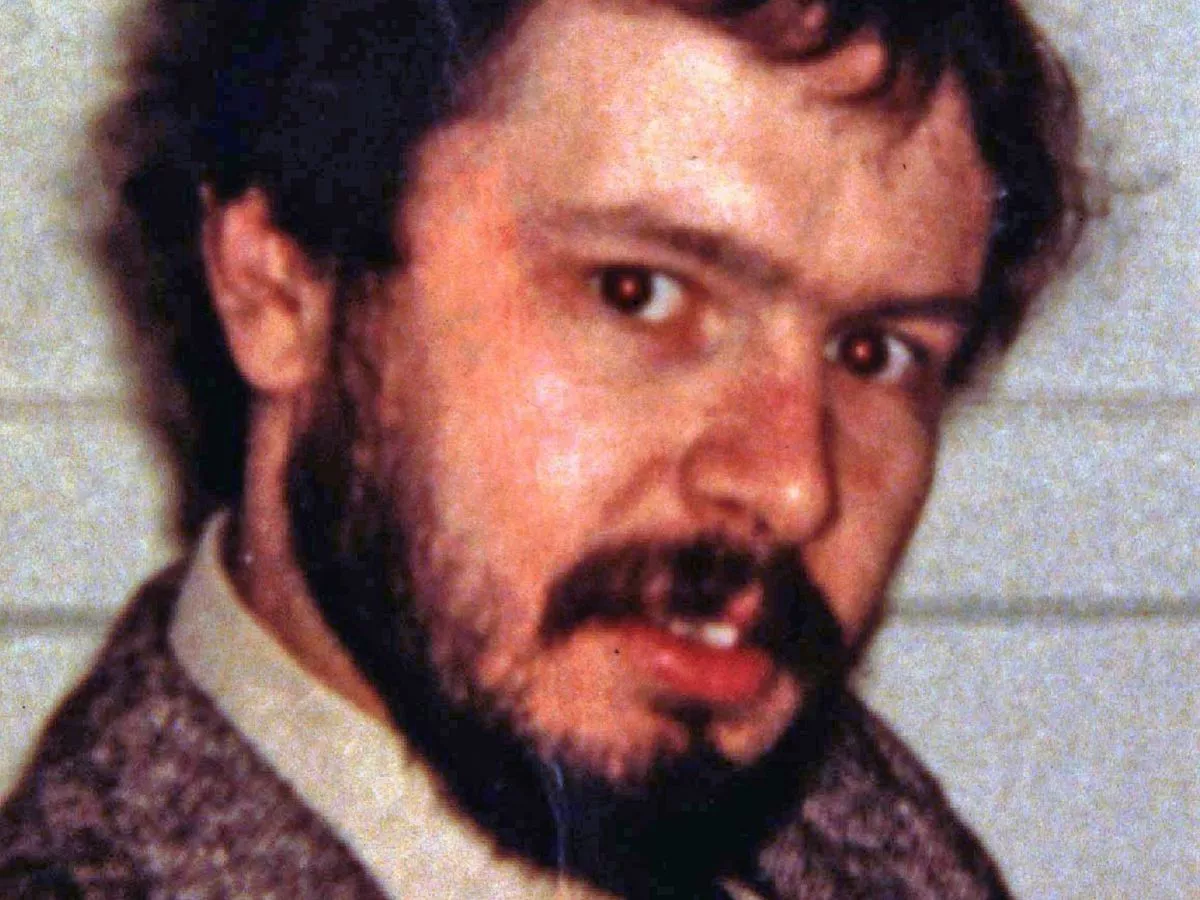
A gripping true crime drama, The Hack, will be airing on our small screen very soon. The ITV series, starring Robert Carlyle and David Tennant explores the final chapters of the News of the World. In 2011, the national tabloid newspaper collapsed following a thorough investigation that revealed the organisation was intercepting the phones of celebrities, Royal Family members and politicians to secure stories. In the same year, the Leveson Inquiry looked into the culture, practices and ethics of the British press following the phone hacking scandal. For the latest TV and showbiz gossip sign up to our newsletter . The Hack will unfold from the viewpoint of investigative journalist Nick Davies (portrayed by David Tennant), who assisted in exposing crucial evidence. The seven-part series will also be narrated through the perspective of former Met Police Detective Chief Superintendent Dave Cook (played by Robert Carlyle) who spearheaded investigation into the unsolved killing of the Welsh private investigator Daniel Morgan. In 1987, Mr Morgan was found dead in a car park. There have been four police investigations into his death, but no conviction, with the case riddled with accusations of corruption and cover-ups. This is the story of Daniel Morgan, his death and how his case was involved with the phone hacking scandal. 37-year-old Daniel Morgan was brought up in Monmouthshire before moving to London in his twenties, where he worked as a private eye. At the time of his death, Mr Morgan alongside his business partner, Jonathan Rees, ran an investigation agency called Southern Investigations, which carried out extensive work for the News of the World. At 9.40pm on March 10, 1987, the body of Daniel Morgan was found in the car park of a London pub called The Golden Lion. An axe was buried in his head. He had just met his business partner with the pair parting ways at 9pm. Detective Sergeant Sid Fillery, based at Catford police station, was assigned to the case, but did not reveal to his superiors that he had been working unofficially for Southern Investigations. After several days he was taken off the case. Sid Fillery and Jonathan Rees were arrested for the murder along with Rees’ brothers-in-law Glenn and Garry Vian. Two other Met officers were also arrested on suspicion of the murder, but no charges were brought and all six were released. A former employer of Daniel spoke to the police and told them that he believed Mr Morgan was trying to sell a story about police corruption to a newspaper. Following similar accounts told to Daniel’s family, they also started to suspect that this may have been behind why he was murdered. In 2007, the Met announced that the motive for the murder was probably that Morgan “was about to expose a south London drugs network possibly involving corrupt police officers”. In 2008, Jonathan Rees, Glenn and Garry Vian, and a builder named James Cook were charged with murder, but after 18 months of legal argument the prosecution collapsed in March 2011. Then in 2013, Theresa May, the Home Secretary at the time, set up an Independent Panel, which would examine claims that police corruption prevented a conviction, despite the multiple investigations. The report, which ran to more than 1,200 pages, expressed concern that within the Met “a culture still exists that inhibits both organisational and individual accountability”. It also found: “The family of Daniel Morgan suffered grievously as a consequence of the failure to bring his family to justice, the unwarranted assurances which they were given, the misinformation which was put into the public domain, and the denial of failings in investigation, including failing to acknowledge professional competence, individuals’ venal behaviour, and managerial and organisational failures. “The Metropolitan Police also repeatedly failed to take a fresh, thorough and critical look at past failings. Concealing or denying failings, for the sake of the organisation’s public image, is dishonesty on the part of the organisation for reputational benefit and constitutes a form of institutional corruption.” An independent panel found that the Metropolitan Police was institutionally corrupt and had covered up its own failings in an attempt to protect its reputation. The panel concluded that the way the case was handled meant it was unlikely that anyone would be brought to justice for the violent murder. In 2023, the Metropolitan formally apologised and reached a financial settlement with Daniel Morgan’s family 36 years after his murder. Mr Morgan was survived by his wife Iris and two children, who were aged five and three when he was murdered aged 37. In an apology on Wednesday, July 19 2023, the Met commissioner, Sir Mark Rowley, admitted the force “prioritised its reputation at the expense of transparency and effectiveness” in their handling of the murder. He added that the case had been “marred by a cycle of corruption, professional incompetence, and defensiveness that has repeated itself over and over again”. In his statement, Sir Mark added: “No words can do justice to the pain and suffering that has been a feature of the family’s lives for more than three decades as they have fought for justice, a fight which no family should have to endure. Their tenacious campaigning has exposed multiple and systemic failings in this organisation. “I have met with the family and listened to vivid and moving accounts of the devastating impact those failings have had on their lives. They have explained how their trust in policing has been eroded. The personal commitment I made to tackling corruption in this organisation when I took over as Commissioner has never been stronger.” After the trial against Jonathan Rees collapsed in 2011, it was revealed that Rees had earned £150,000 a year from News of the World for obtaining information from corrupt police and illegal sources, as reported by The Guardian at the time. Even Rees said himself that: “No one pays like the News of the World do”. Their report also found that Rees was in touch with two former police officers working for Customs and Excise who would accept bribes, a corrupt VAT inspector who had access to business records, and two corrupt bank employees who would hand over details of targets’ accounts. Rees also regularly hired two specialist “blaggers” who tricked their way into phone company records to obtain names and home addresses of subscribers and also itemised phone bills, highly valued on Fleet Street as a list of potential sources. He has denied murdering his former business partner Daniel Morgan and subsequently won civil damages from the Metropolitan police for malicious prosecution in 2019. Viewers can watch the first episode of The Hack on ITV 1 and ITVX at 9pm on Wednesday, September 24.
